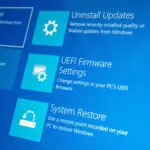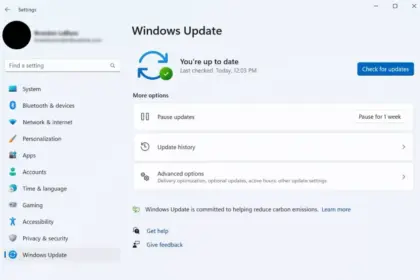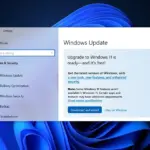In its most recent major update to Windows 11, Microsoft made Windows Update much faster. Microsoft is now announcing that version 24H2, which began rolling out earlier this month with several helpful enhancements, also cuts down on CPU consumption for monthly Windows updates as well as install and restart times.
To introduce new features or defend against emerging threats, Microsoft usually releases cumulative security and non-security updates every month. Parallel processing of components, scalable usage of system RAM, and an optimized cache to update components are some of the new methods for updating Windows 11 version 24H2, which makes the operating system faster and more efficient.

Thanks to these modifications, Windows 11 version 24H2 can install monthly updates up to 45% faster and use up to 25% less CPU power. On certain computers, this also results in a restart time that is around 40% faster. Microsoft used a virtual computer to test its most recent 24H2 maintenance upgrades against its older 22H2 version of Windows 11. However, since both versions use the same older servicing stack, the performance claims also apply to 23H2.
Additionally, Microsoft has reduced the size of Windows 11 feature updates by about 200 MB. By not requiring you to download the built-in Windows 11 programs if you already have the most recent versions, this size reduction has been accomplished. Steve DiAcetis, a member of Microsoft’s Windows fundamentals team, adds, “We extended this approach to include Microsoft Edge for Windows 11, version 24H2, saving roughly 200 MB for select endpoints.”

















